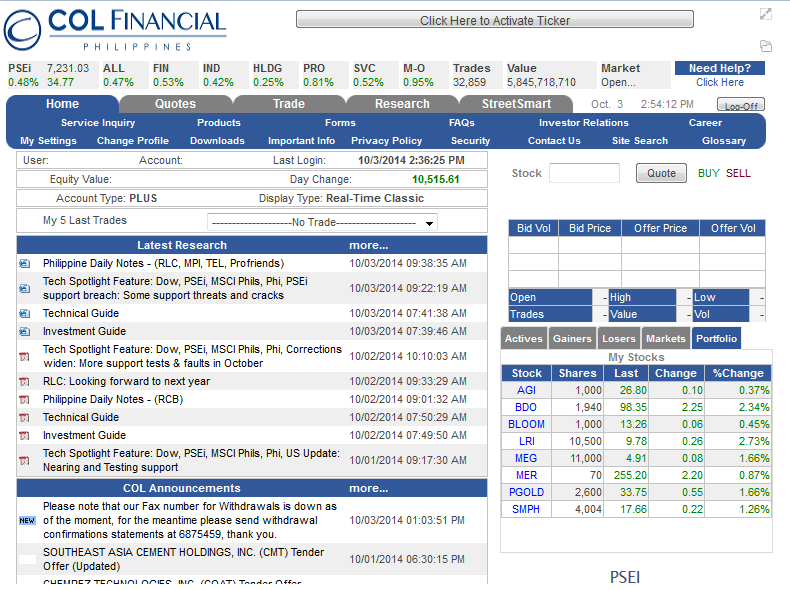Why mutual funds are really a bad idea for retirement income funding
Post on: 30 Май, 2015 No Comment

Finance Strategies
Why mutual funds are really a bad idea for retirement income funding. December 2, 2011
I have blogged on this before. But, recently talking to folks looking into EIULs it has become clear it bears repeating. There are three problems with mutual funds that create real problems for those who use them for retirement financial planning.
1st: Most people purchase them inside a tax-deferred wrapper like 401Ks or IRAs. They are sold on the idea that they save money paid for taxes. This is demonstrably wrong. When you purchase mutual funds inside a 401K you are not avoiding taxes just deferring them to later. So instead of paying income tax on the income you receive you reduce it based on how much you put into your 401K. Most people hope there will be gains inside their retirement account. Indeed over the long run there should be. Here is the problem, the taxes you saved are based on how much you put in, while the taxes you pay will be based on how much you take out including the gains. So if you put in $250,000 over a lifetime and take out $500,000 during retirement you are saving $250,000 times your marginal tax level and paying $500,000 times your marginal tax level. You can see that the result is paying considerable more than you save. Bottom line this scheme does nothing but increase your taxes. A great deal for the government, a bad deal for you. And that doesnt count any penalties or taxes you pay if you dont follow their rules on withdrawals.
2nd: As many of you have discovered recently, market risk is understated by most who push this retirement scheme. That is severe market downturns are very dangerous to folks with limited time to invest. If you have an unlimited time line on investing, then there is always time to make up for the severe downdrafts that are always happening in the market. However, as your time line to retirement and using these funds go under 10 years, the risk you take on goes up dramatically. Imagine retiring anytime in the last 15 years dependent upon market returns! These folks simply have no where to turn. There is not enough time to make up for over a decade of real market losses. Many of these people have had to downsize their expected retirement income by over 50%. And the scary part is this isnt the result of a once in a century bad market. No, these types of markets are as predictable as the sun setting. Since WWII you have the 1960s and early 1970s, you have the early 1980s, and the first decade of the new century. Those are all examples from the life span of current retirees. Try to find 25-30 years in there where there wasnt significant market downturns? You cant. This means that there is a certainty that you will experience this market behavior during your retirement years too! Imagine saving your whole life and a couple of years before retirement you have accumulated $1M. You think you can take $50K per year from your accounts during retirement and be pretty assured of not running out of money. But then on the eve of your retirement that $1M turns into $700,000. So now you are down to $35K per year. And then a decade of sideways movement turns your once comfortable nest egg into something that might last you to 80 if you really skimp or maybe not. This is called sequence of return risk and no manner of asset allocation advice will avoid this issue.
3rd: Expenses. Did you know that most of the major mutual fund management companies raised the internal expenses in their mutual funds during the great recession of 2008-09? Why did they do this? Because people were pulling out of mutual funds and they needed to maintain their profits. So while their customers were losing in their 401Ks, the companies did their share by taking more out of the pot! You see, not only do the companies not take on the market risk with you, but they think they bear no responsibility for the results of people investing with them. All that matters in their eyes are the companies profits. And these are the same people who are giving you advice to stay in mutual funds and what a great way to invest for retirement mutual funds are!
4th: Admittedly, this is a personal pet peeve. Their rules..your money. Take your money before age 59 1/2 and you get penalized. I even had a client whose 401K was kept from him as long as he worked at the company or 59 1/2. Dont take the money in time, more penalties. Save too muchno cant do that.
My personal journey had me realize all this over 10 years ago. It took me a few years to find a suitable replacement strategy and a few more years to divest myself of those pesky mutual funds. It was all worth it. And by the way since I have accomplished this my real returns have skyrocketed compared to mutual funds.
As many of my readers understand I am very open about what I am doing now and in fact starting selling one of the strategies [EIULs] I found works well. Many of my clients from both the Shafer Wealth Academy and EIULs have similar stories to tell about their awakening from the propaganda of Wall Street and the US Government. Others are not ready yet to open up their minds to the reality of the failure of mutual funds and 401Ks. Interestingly, Fidelity, a large mutual fund company, just released the average 401K level of its customers. $67,000. How long will $67,000 last in retirement?














